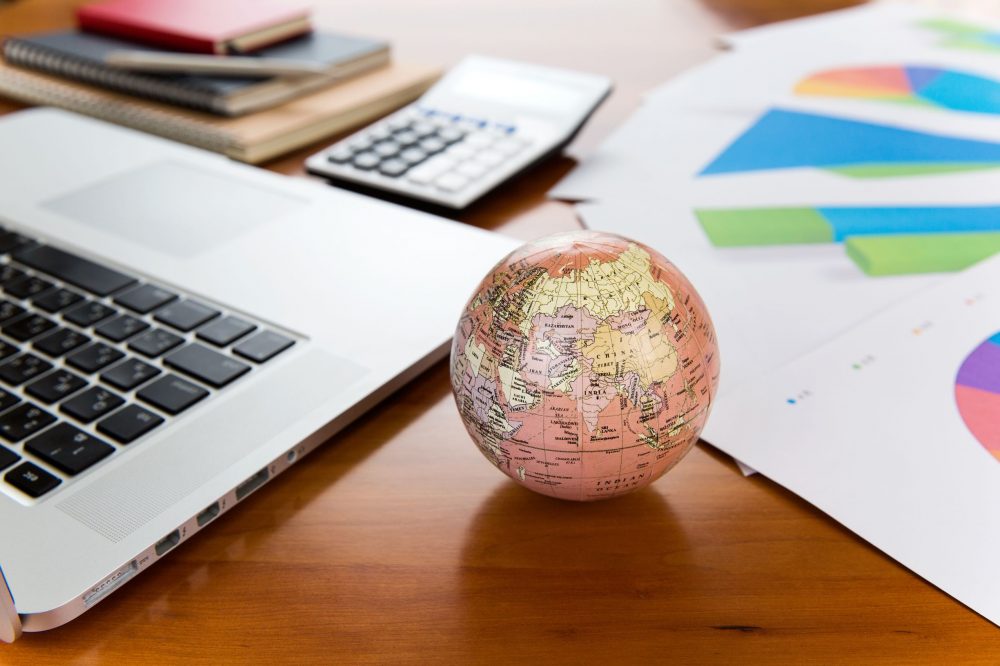When business is going well and you have resources to spare, or when you fear that you’re reaching market saturation point in Britain, it makes sense
When business is going well and you have resources to spare, or when you fear that you’re reaching market saturation point in Britain, it makes sense to consider expanding overseas. The best way to do this while ensuring that you maintain your high standards is to open a foreign branch. Doing so can be quite a challenge. The new branch might take a while to find its feet and will need to be supported in the meantime. When it gets going, however, it will enable you to reach new markets and will give you the stability that comes from having your assets spread across different economic areas.
Choosing a country
The first thing you need to do is choose the country where you’d like to set up your branch. Several things may factor into this:-
- The appetite for your products or services. Will they appeal to people living there? What is the competition like? Can you afford to sell at an attractive price?
- The overall size of the market. How much room would you have to grow? This will depend on the population of the country and whether or not it’s part of a union of countries which you could spread into with minimal trouble.
- The incentives available. Many countries will go out of their way to tempt you to set up there, especially if you will be employing local people. You may get tax breaks or help to find premises and suitably skilled workers.
Another thing you should consider is the stability of the exchange rate, as you’ll frequently be transferring money until your new branch gets established. You can use forex trading to hedge against transfers and make costs more predictable. It’s easy to pick up the basics from the best forex trading tips by forextraders.com.
Investing in marketing
The commonest reason why foreign branches fail is that managers simply don’t understand the markets they’re trying to target. Having established that a niche is available, they often assume that the same techniques that work at home will work there, but that isn’t necessarily the case. Subtle cultural differences can completely change the way a product is received.
A good example of this is washing powder sold as a product that can get clothes really white. In Britain when we want to show that something is bright white, we give it a blue tint. To consumers in South American countries, however, that looks dirty. To them, bright white is signalled by a pink tint. A product that is perfectly designed to suit the market in every other way could fail because of this.
The simplest way to get a feel for cultural difference is to employ a local expert. This is especially important if you have a market that also places a high value on ethics, as misunderstandings could not only cause confusion but could result in active campaigning against your brand.
Setting up supply chains
Even if you initially ship in some stock to get things started, that’s not a practical way to move forward – the costs attached to transport and imports can be considerable. This means that you need to establish local production, which involves establishing local supply chains. When you’re selling sustainable produce, you need to make sure that it’s also true of every company in the chain.
One of the things that makes this tricky is that every country or union of countries uses different standards when assessing sustainability. The same goes for other issues that might be important to your brand, such as the way workers are treated and how pollution is assessed. You’ll have to do careful research to ensure that you’re still meeting the standards your customers expect.
The legal stuff
Setting up in a new territory means that you’ll have to become familiar with a new set of business regulations. Again, it helps to have somebody local on hand to help out. When it comes to tax, HMRC can provide you with advice about what you will owe in Britain and how to adjust your payments if you’re also paying tax in the country where your branch is based. There’s a lot of paperwork but it’s not difficult to get the basics right. If you want to make sure you’re getting the best possible deal, however, you’ll need to bring in a specialist.
Opening an overseas branch can be exciting, opening up opportunities for regular travel and giving you the opportunity to connect with a new culture. If you’re diligent and patient enough to make a success of it, it could do wonders for your business.




COMMENTS